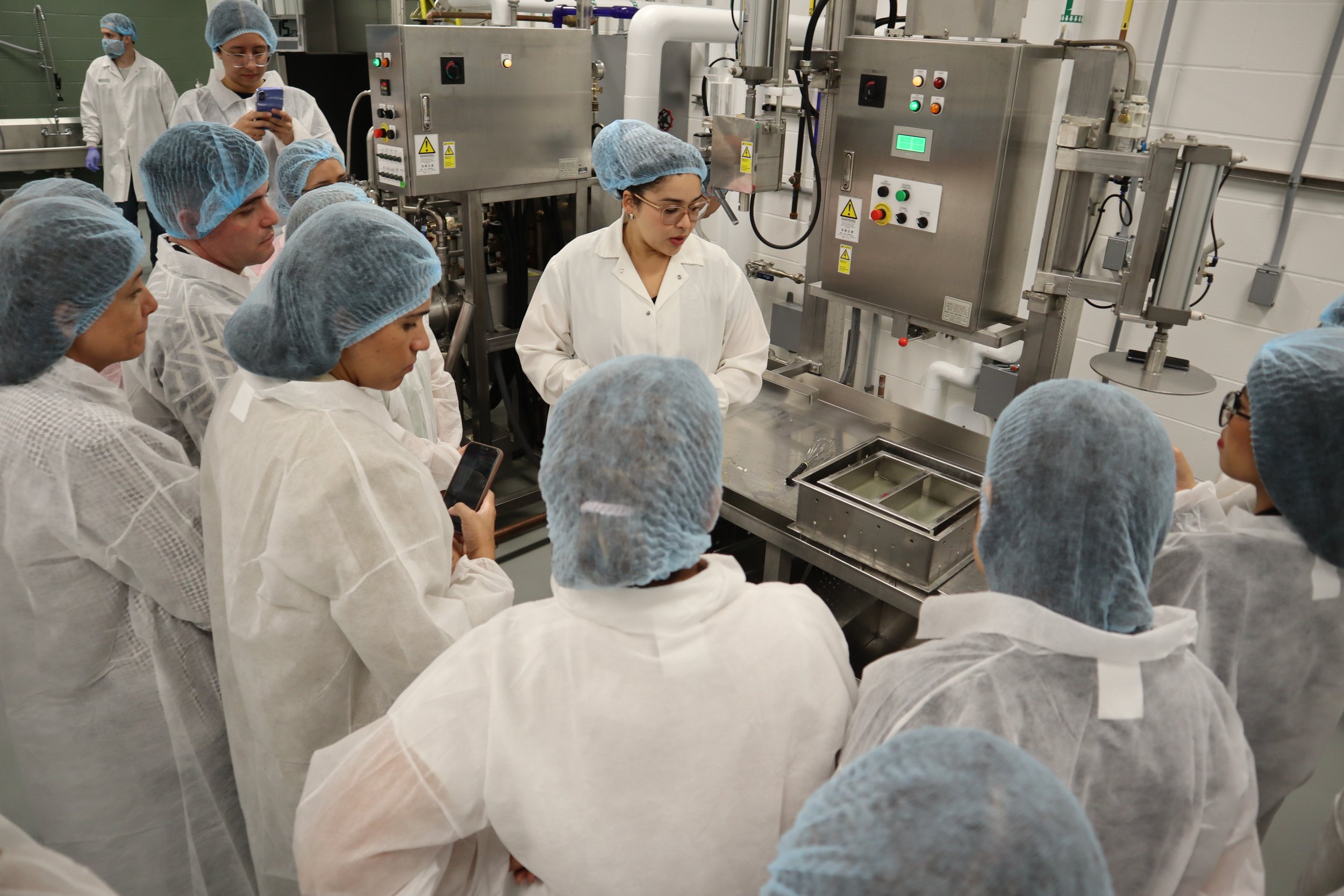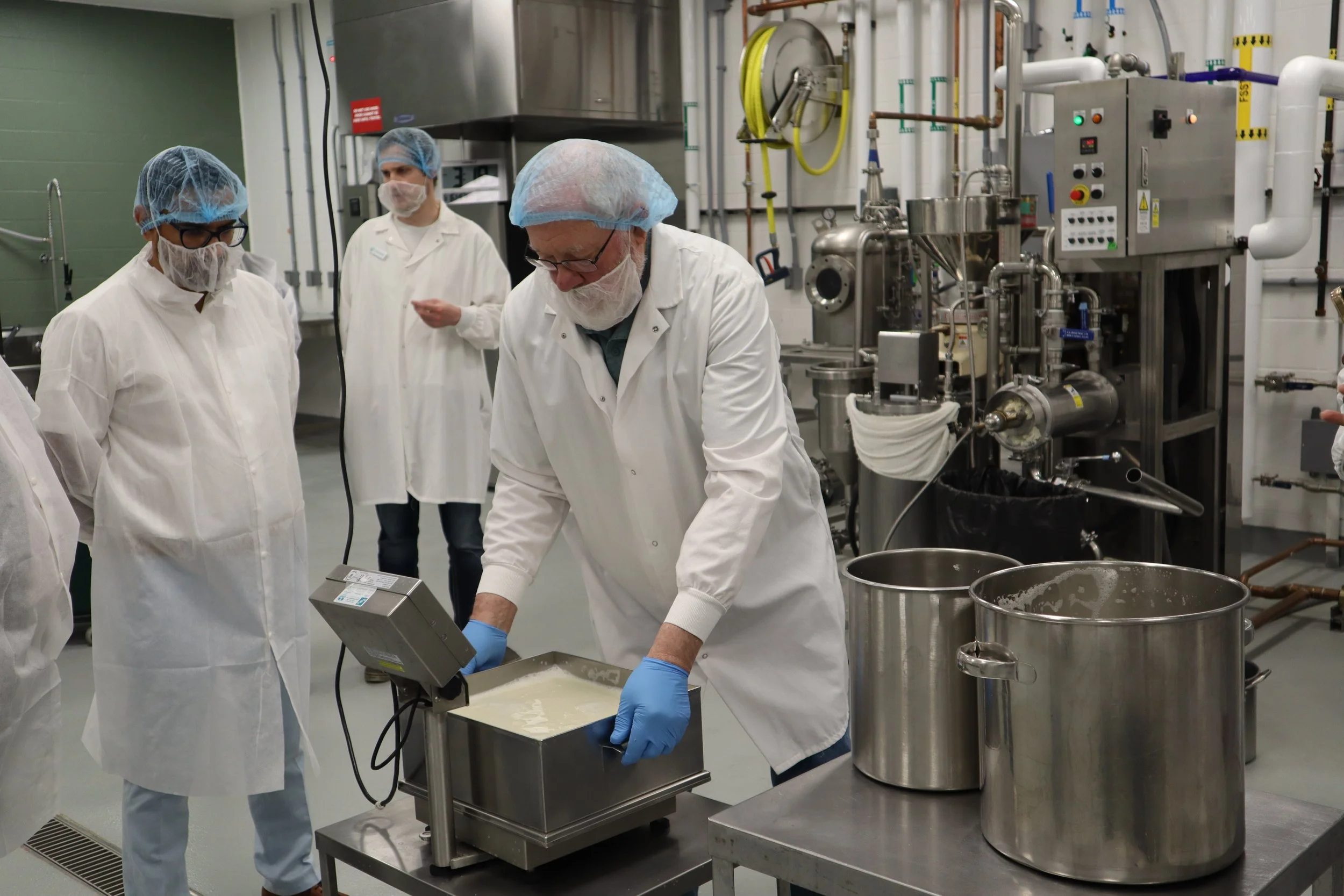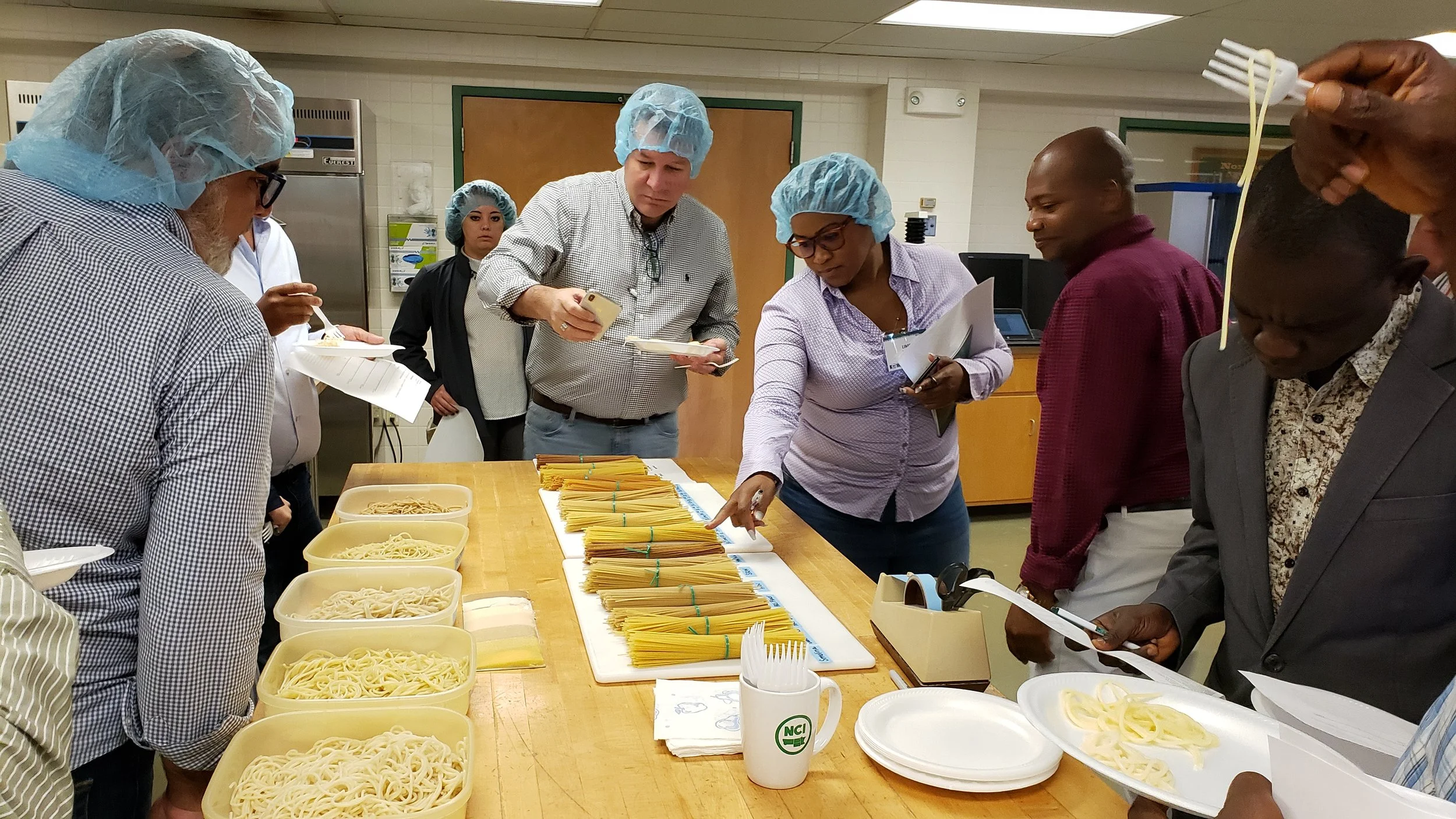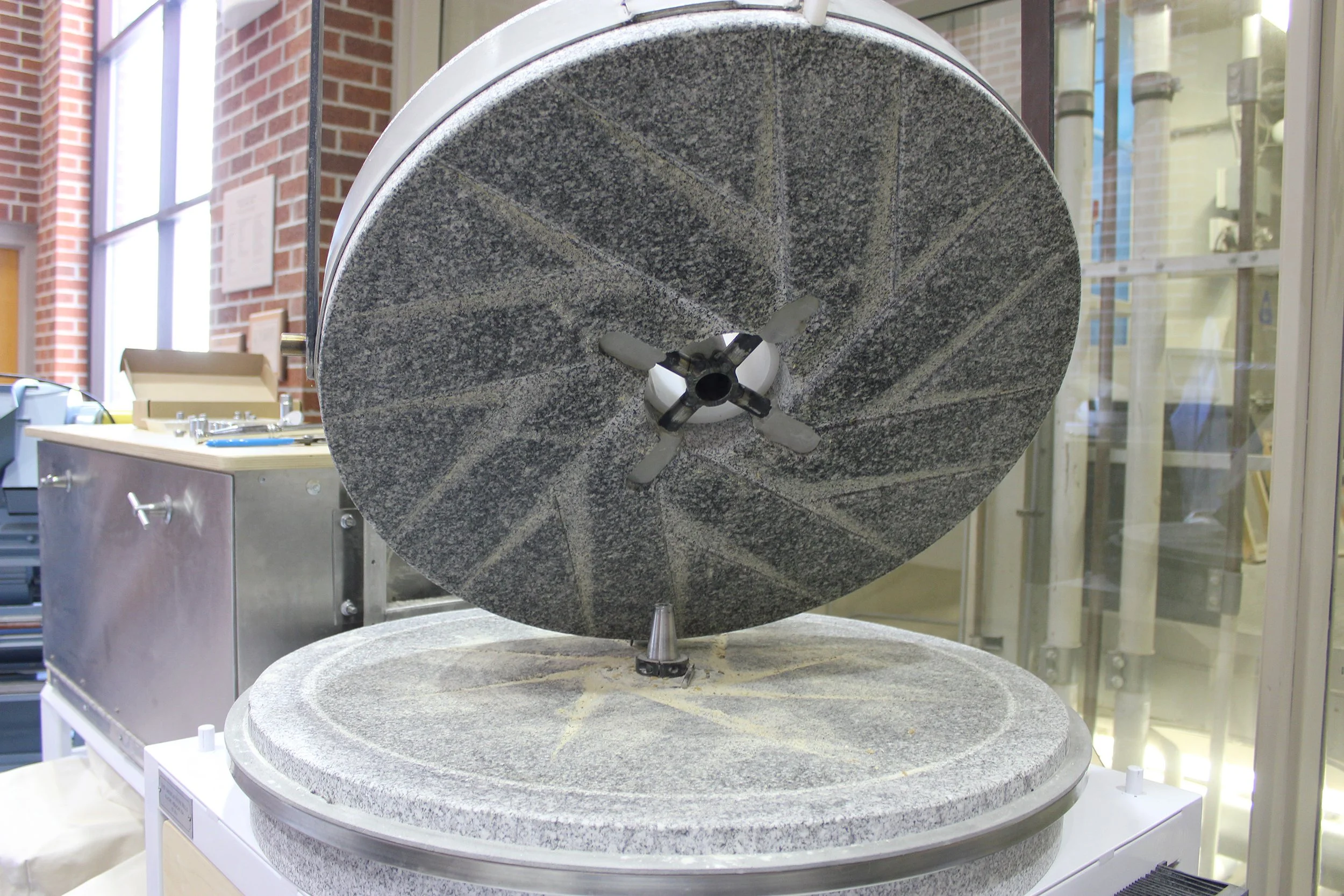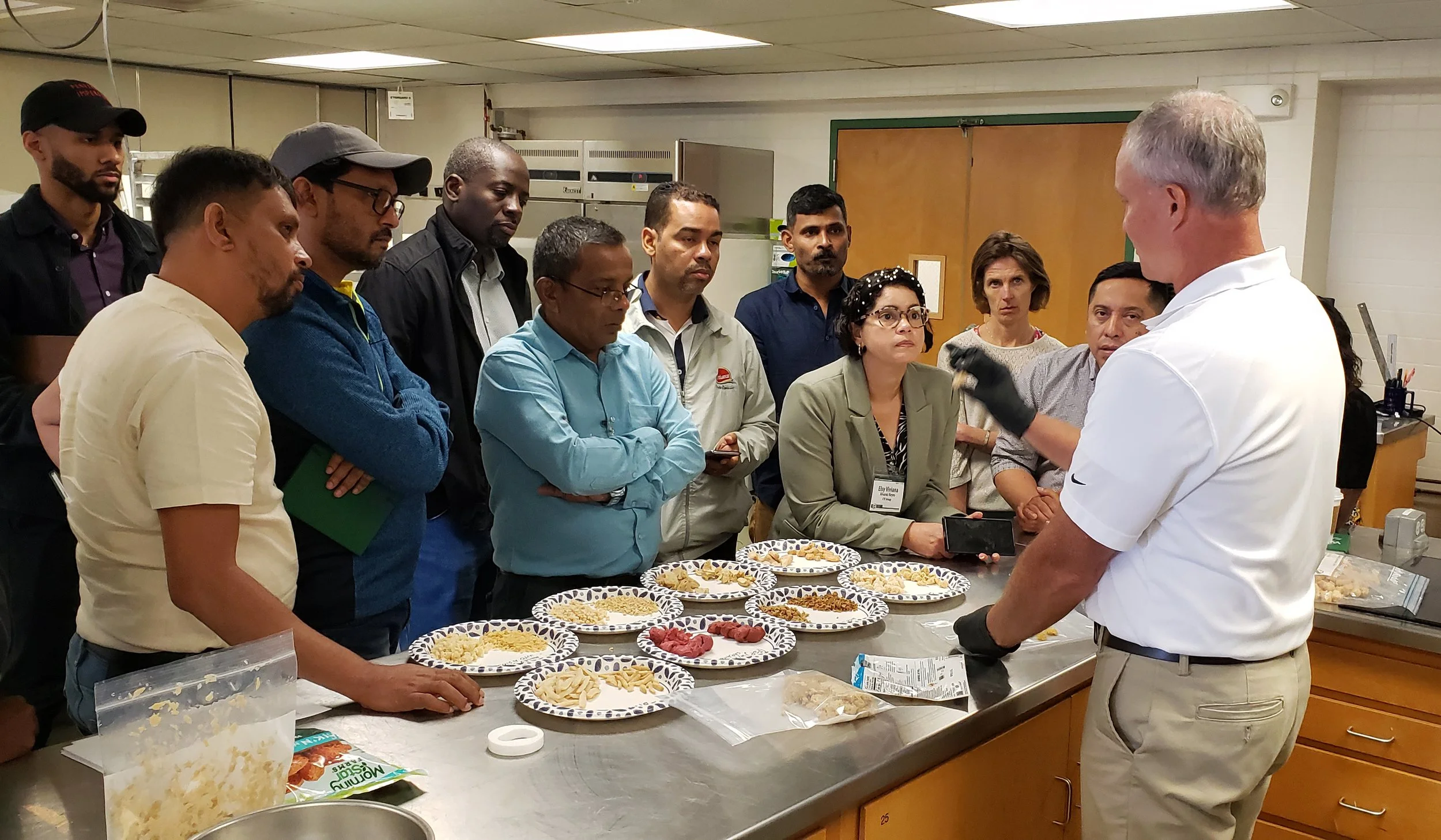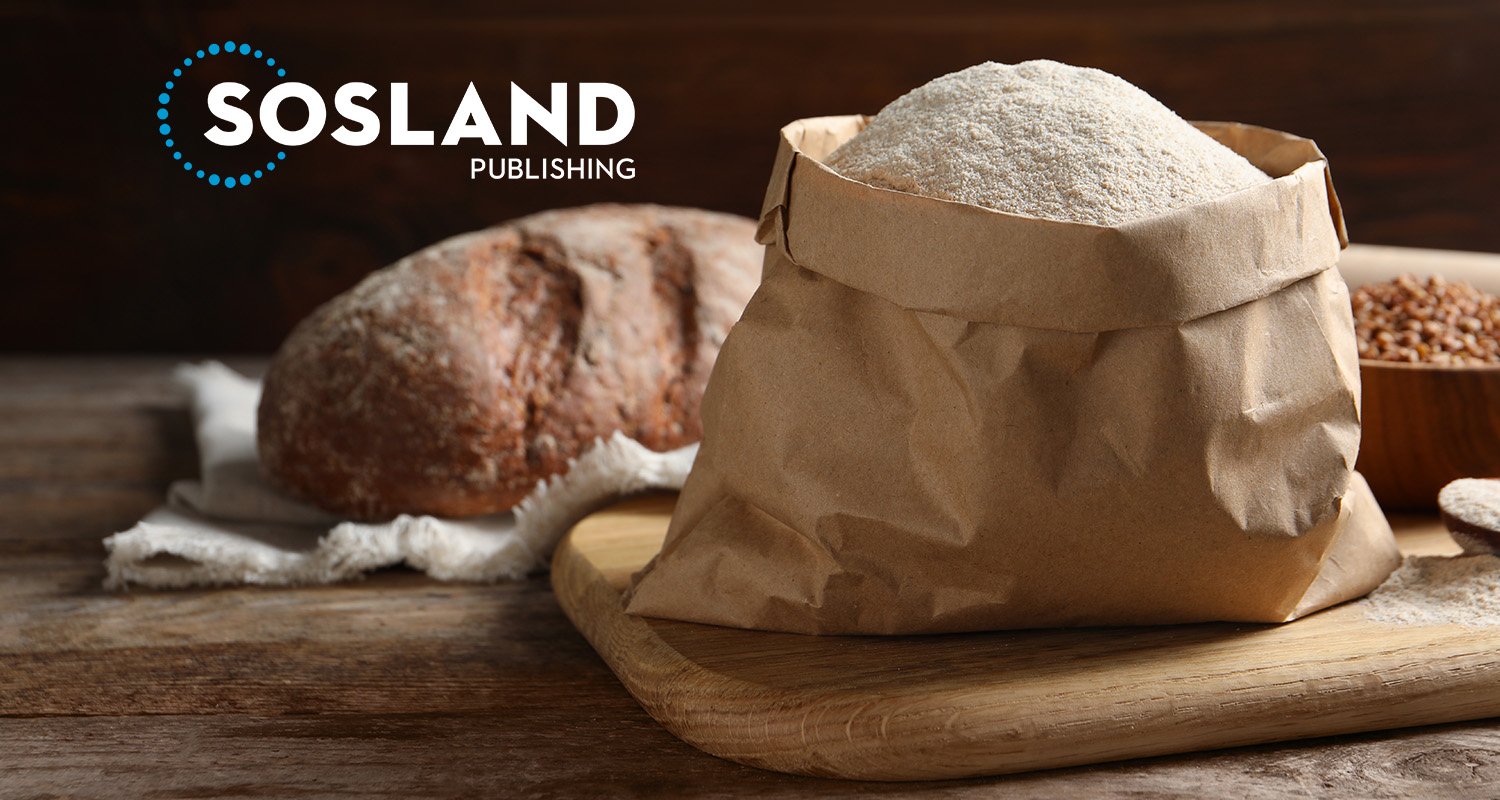
U.S. Ethanol Production and Procurement
This course builds off the webinar series and previous procurement course to deliver classroom learning for global policymakers and ethanol industry stakeholders. This course offers a turnkey option for trade teams to understand U.S. ethanol production and how the U.S. can be a supplier to their markets.





